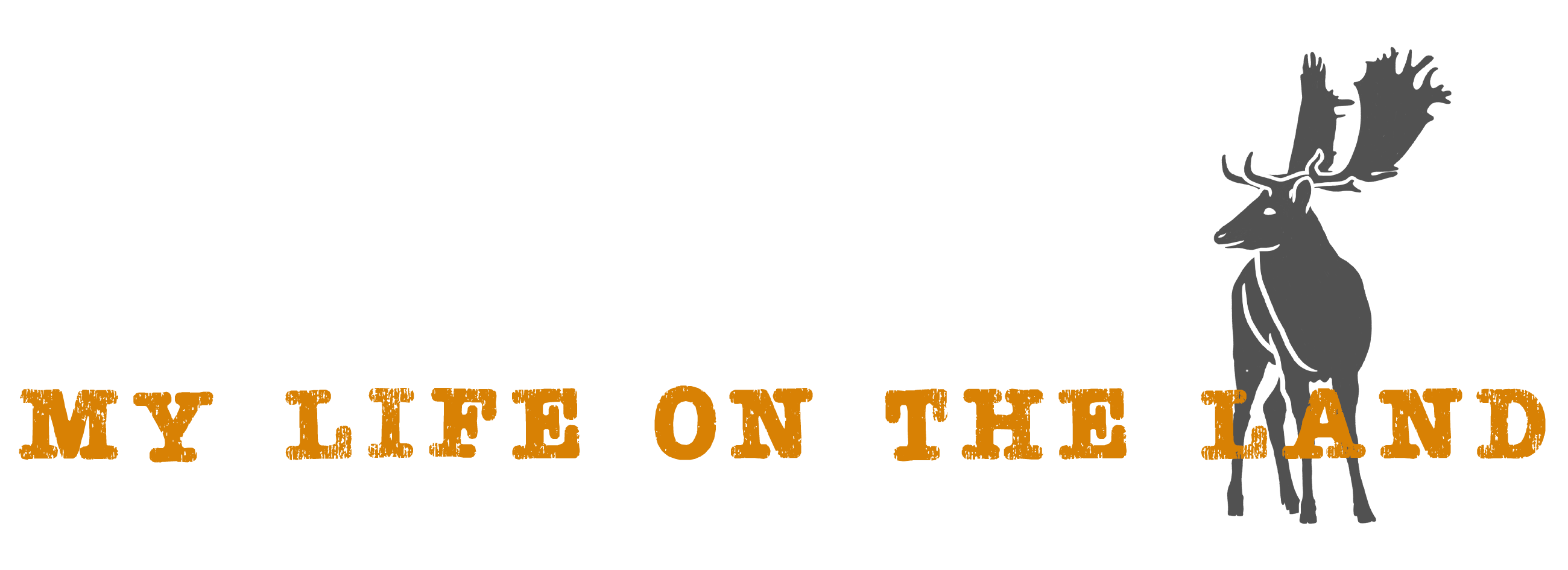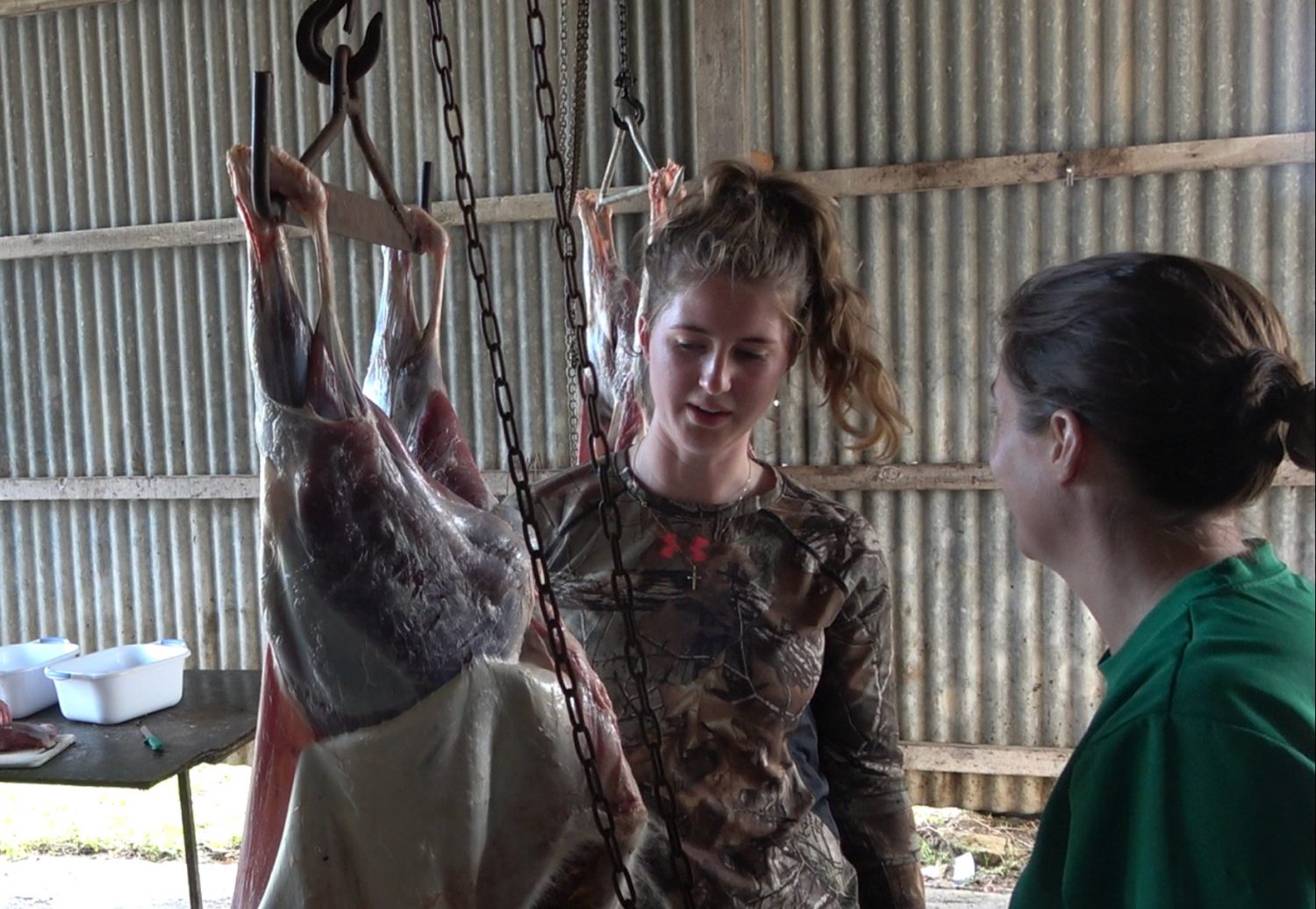It is no secret that hunting is under attack. While news headlines, social media, celebrities, and animal rights activists often go out of their way to paint hunting and hunters in the worst possible light, the unpopular truth is that the worst damage sometimes comes from within the hunting community. Whenever hunters are caught doing the wrong thing, they inadvertantly make all hunters look bad – and play right into the hands of those who want to see hunting banned. If hunting is to survive, we need to cultivate a culture that values hunter education and rejects unethical and unsafe behaviours.
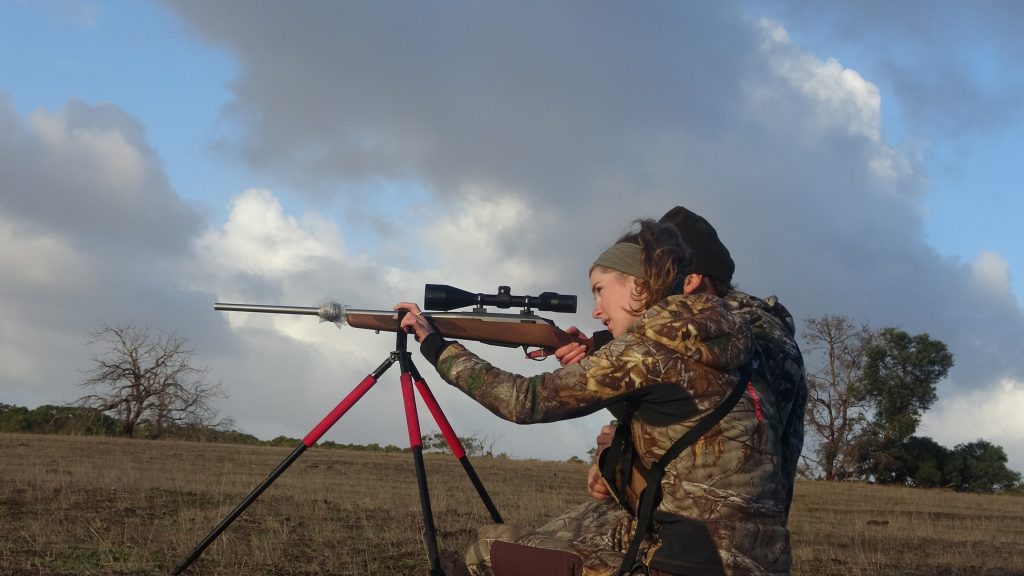
Educating people about hunting
When it comes to hunting, the vast majority of the negativity stems from ignorance.
Some of this relates to the ignorance of non-hunters.
For instance, when people oppose hunting, they rarely understand the correlation between hunting, wildlife conservation, wildlife management and even sustainable food production.
One of the goals of I Am Hunter is to use education and advocacy to overcome negative stereotypes. We have published several articles that directly address this.
Take South Africa for example. Animal activists would have you believe that trophy hunting has resulted in a reduction in wildlife numbers. The truth is the exact opposite. Since the introduction of private game parks and trophy hunting, wildlife numbers have increased by 4073 percent – from 575,000 in the 1960s to over 24 million today.
Animal activists would also have you believe that trophy hunters kill endangered animals. Mostly this is untrue, but there are instances where hunting endangered animals is a good thing.
In Pakistan, the markhor goat went from a critically endangered ‘pest’ to a protected species. How? It was not activists that saved the markhor. Would you believe their salvation came via trophy hunters willing to pay big dollars to hunt them?
But education doesn’t just benefit non-hunters. It is vitally important for hunters too.
Improving skills and ethics through hunter education
There’s a big difference between being licensed to hunt, and actually knowing how to hunt. We have met many new hunters that say they felt completely unprepared once they got out in the field, and even more unprepared for what to do after the hunt. We have also met long term hunters whose hunting and field skills are still very basic.
I Am Hunter was designed to fill the important skills gap that exists between becoming a legal firearm’s owner, or getting a bow, and having the skills and knowledge required to be an ethical, fair-chase hunter capable of humanely hunting, despatching and utilising their kill.
Whether you are a brand new hunter or have been hunting for years, there is always something new we can learn.
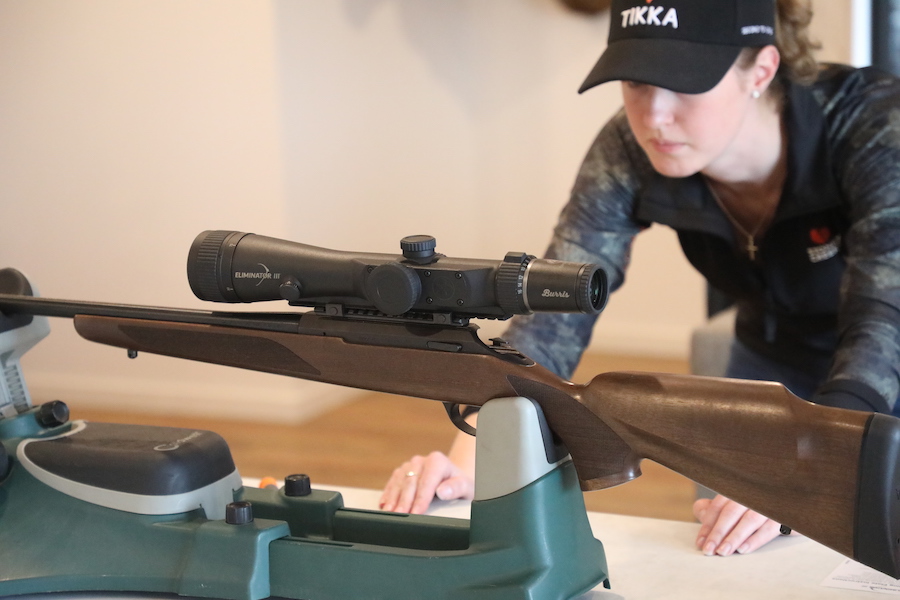
Explore our Learn pages for a wide range of videos, tutorials, recipes and reviews to help you improve your hunting skills and make the best use of the animals you hunt.
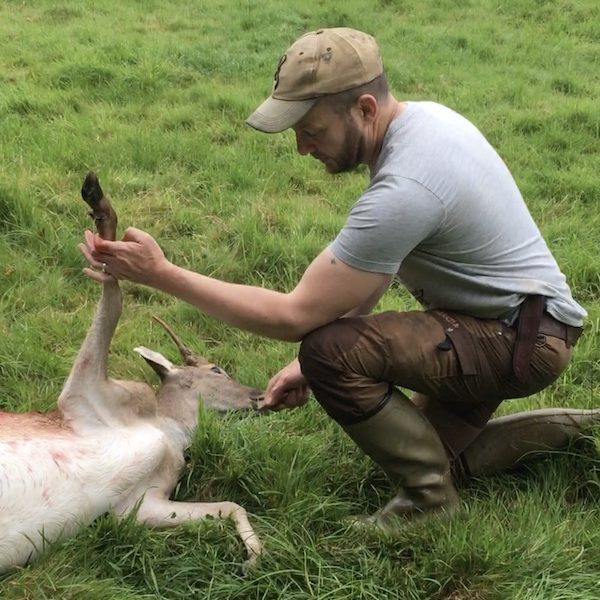
You can help us change the conversation about hunting and spread a more positive message by becoming an I Am Hunter member.
See also
What happens to the meat after a trophy hunt?
What happens to the meat after a trophy hunt? Do people actually eat lions, giraffes, elephants or hippopotamus, or are
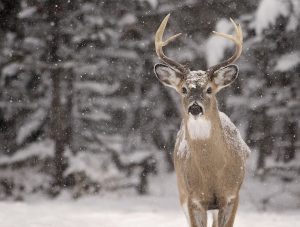
How has social media changed things for hunters by Holly Overman
Share on facebook Facebook Share on twitter Twitter Share on linkedin LinkedIn Share on whatsapp WhatsApp Share on email Email
